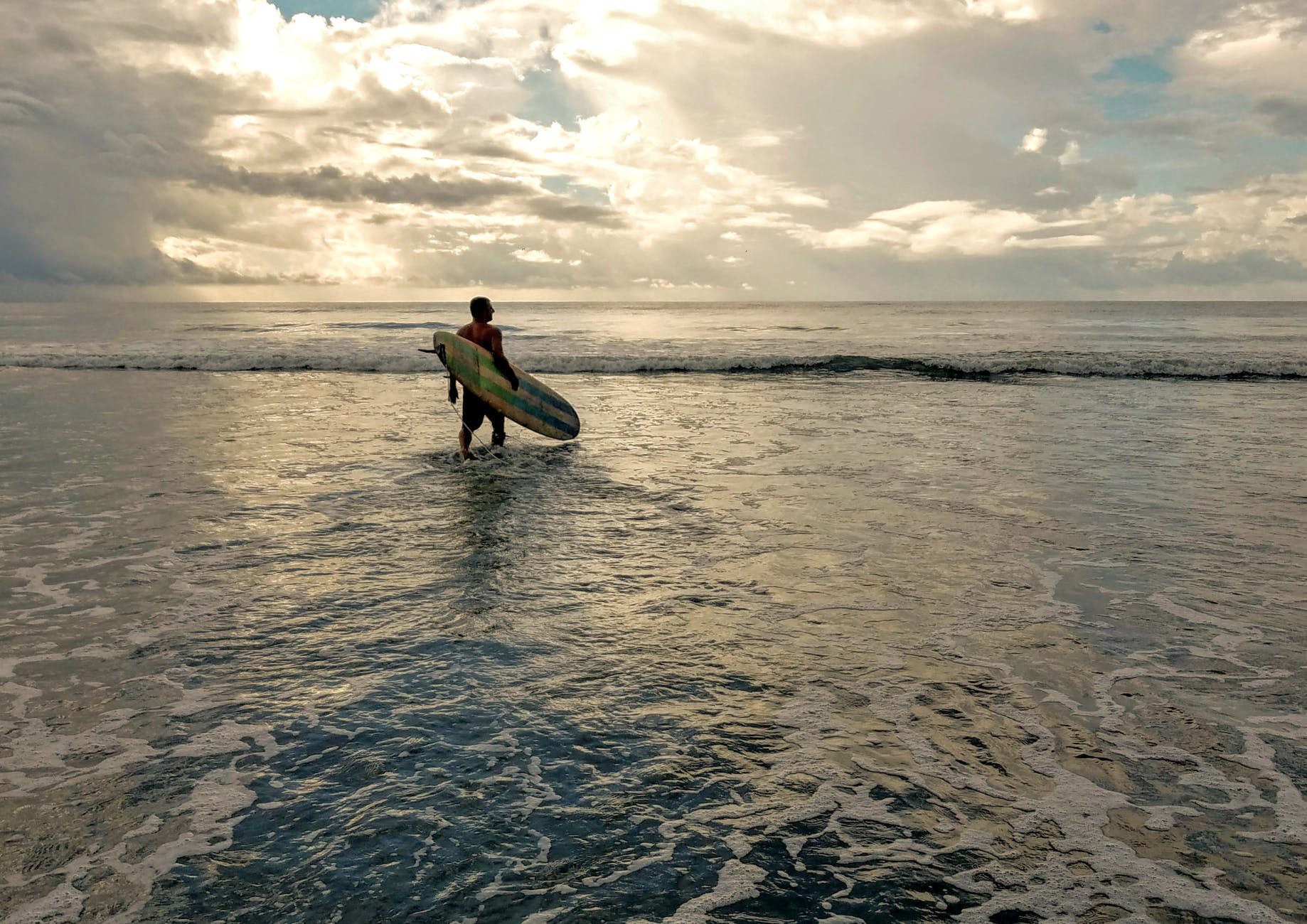

Dean Spends His Summer Working on His Tan

One of the advantages of having a birthday in July, is getting the gift of a great book, and having a thought provoking read for the summer months. This summer, I had the good fortune of getting an excellent book – An Economist Walks into a Brothel: And Other Unexpected Places to Understand Risk, by Allison Schrager.
For those of you who are unfamiliar with Allison Schrager, she is a retirement economist and journalist well adept on examining how people manage risk. In her book, she uses the concepts that actuaries use in managing the risk for pension plans and insurers, and then shows how individuals can use these same concepts to manage risk in their personal lives and careers.
For instance, she takes the ‘risk-free’ concept in finance, and explains how individuals can use this concept as a foundation for their personal decision making. Much like a pension plan sponsor, who is willing to not just invest purely in highly-rated government bonds, but instead accepts some investment risk by investing in riskier assets in the hopes of achieving a lower long-term cost for the plan, individuals can be well suited to apply this logic in their personal lives. By taking the time to define your goals – from landing your dream job to finding your dream partner – applying the ‘risk-free’ concept in your personal life can help you to make better decisions, and only take the risks that are expected to payoff.
Spoiler alert – life is not ‘risk-free’. As astute pension managers know, even investing in government bonds has risk. The focus is to define your goals – and identifying paths to success by making better decisions.
My second favourite line in this book is where Ms. Schrager says, “big wave surfers are just like actuaries, only with better tans”. In my defense, how was I to know that big wave surfers attend conferences in “neon-lit hotel conference rooms” to watch PowerPoint presentations discussing risk modeling and regulations. And like many of the actuarial conferences I’ve attended over the years, big wave surfers learn risk management techniques that help them identify and manage risk, which enables them to ride larger waves while still taking appropriate precautions.
Interestingly, the innovation in this sport has not only made it safer for experienced surfers, but it has potentially created a moral hazard by allowing less experienced surfers to attempt a big wave. For those of you who are wondering, even as I work on my tan this summer, I will not be looking to surf a big wave this fall. But please forgive me if I ramble on about the moral hazards in our line of work.
While this book has many other great examples of how the risk management concepts used in finance can be applied in the real world, it also provides excellent advice on retirement planning. My favourite passages in the book are where Ms. Schrager compares the ‘risk-free’ retirement income strategy of purchasing an annuity to strategies that incur greater risk like investing in stocks. This is a topic that has been discussed in many of our previous blogs, and most recently in our blog on The Gold Standard for retirement. The sound advice Ms. Schrager gives is to understand how your financial plan will impact the retirement income you will receive, and not to focus on “how you feel about risk”.
Needless to say, I enjoyed this book immensely and would recommend it to anyone.
Now, my wife has a birthday coming up, and I am in need of some suggestions for good books for her. Feel free to leave a comment with a suggestion.



Comments